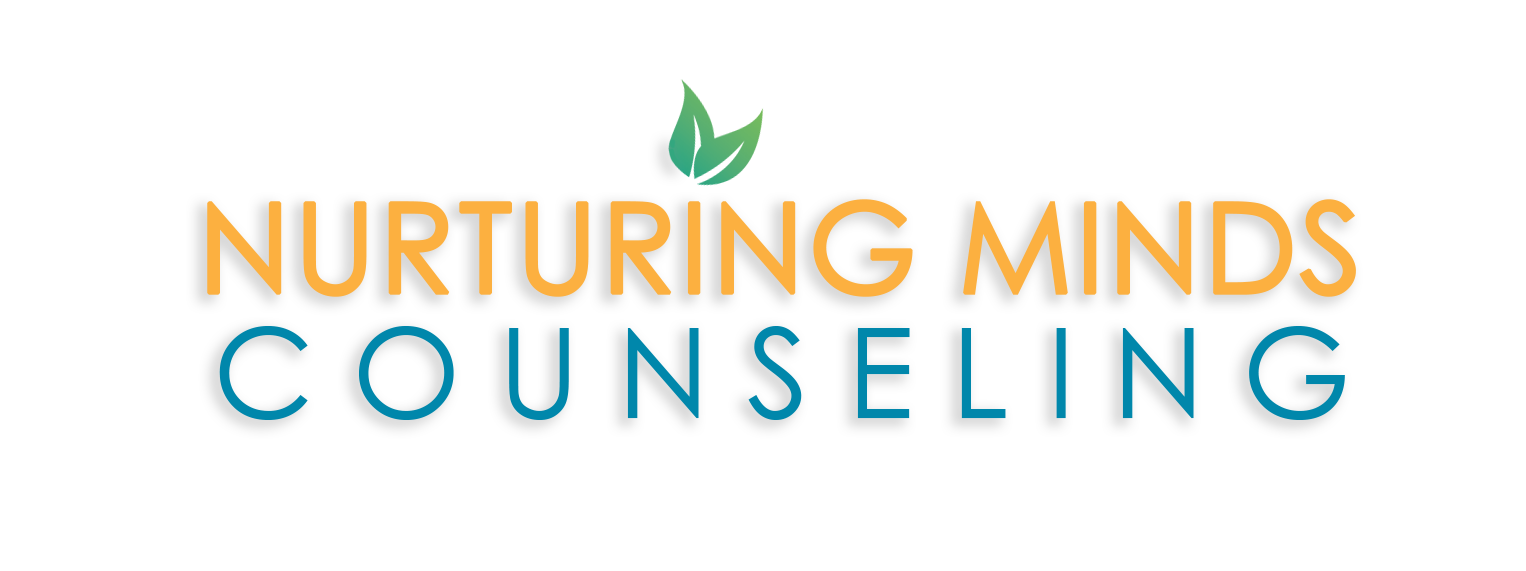Hi everyone! My name is Diana Garcia and I’m a licensed mental health counselor in Florida and founder of a private practice called Nurturing Minds Counseling.
We’ve been doing 12 tips for the holiday season, and we’ve gone through tips 1-11. Today we are on tip number 12. We started off with a three-minute breathing activity, so I wanted to end with a self-compassion break.
Watch Video: “12 Days of Tips for the Holidays: Day 12: Self-Compassion Break”
Read Blog: “12 Days of Tips for the Holidays: Day 12”
If you’re not familiar with self-compassion, there are three components: mindfulness, common humanity, and being kind to yourself. Self-talk is how you talk to yourself. There’s a blog that I have on my website that talks a little bit more about that, but the self-compassion break is calling on all three elements when you’re having a moment of difficulty.
To get a sense of how to do this activity, or how to use this break, recall a situation that feels stressful and has maybe been painful. Don’t think too much of something, but maybe something that you notice tends to kind of stress you out. It doesn’t matter how big or small, but something that you can incorporate in your day-to-day. This is regardless of what may have triggered it, especially if you don’t know what triggered this moment of suffering or stress.
Right now, I would like you to think about a situation. Think about how that situation feels. Which feeling comes up for you, what sensations come up in your body, what thoughts come up for you? The first part to a self-compassion break is acknowledging the situation and saying this is a moment of suffering. That kind of mindfulness piece is knowing that this is a moment where I’m suffering. If that feels too weird, or it doesn’t resonate with you, you can just say ‘gosh this hurts’ or ‘ouch this is stressful.’ Do whatever feels right to you. Acknowledge and be mindful that this is a stressful moment.
The second part is incorporating common humanity. You would say to yourself ‘suffering is a part of life.’ Again, if that doesn’t feel like it resonates with you, you can just say something like ‘Everyone suffers and I’m not alone. Other people have felt this way or feel this way.’ It’s about recalling this element that you’re not alone in your suffering, and it’s not about comparison. You’re reminding yourself that to be human means to suffer so everyone suffers and repeating that to yourself is self-kindness. To hit this point home, if this feels comfortable, you can put your hands over your heart and you can say something along the lines of ‘may I be kind to myself,’ or ‘may I accept myself as I am,’ or ‘may I forgive myself.’ If you can’t really think of something that you would say to yourself, think of how you would say something to your friend and give yourself that advice
I now want you to move past whatever stressful situation you were thinking about. To recap you would go through this process in your mind, say it out loud, or say it in your head. You don’t have to put your hand over your heart if that doesn’t feel comfortable, but it’s a moment to be kind to yourself and to incorporate all these elements of self-compassion. This is especially the case when we’re struggling in our day-to-day because sometimes, we can be harsh on ourselves, invalidate ourselves, or not even be aware of what’s happening.
This is the final tip for the holiday season, and I really encourage you to do some self-compassion breaks whenever you need them. I hope that one or all these tips have been helpful for you. Again, it doesn’t matter what you do or do not celebrate, these tips are applicable and you can use any of them. If you guys have any comments or feedback, feel free to reach out to me. Thank you and I hope you have a great holiday season and a great end to 2020!
